With the bizarre idea that the continents are moving parts, geoscientist Alfred Wegener helped piece the world together.
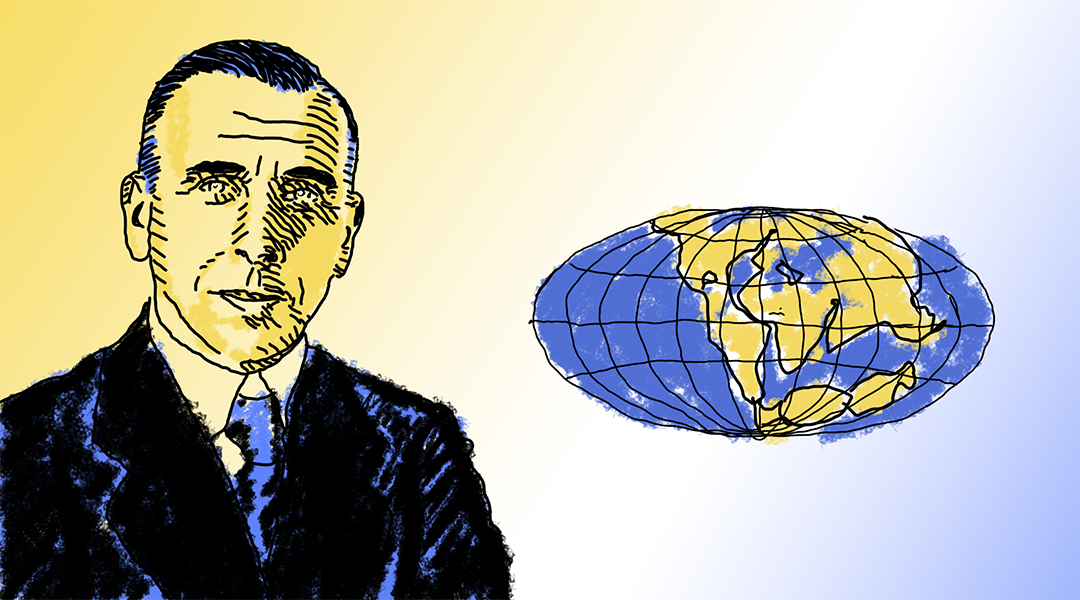


With the bizarre idea that the continents are moving parts, geoscientist Alfred Wegener helped piece the world together.

Crowd opinion tends to fall in line with professional fact-checkers, and a new study illustrates how that can be used to fact-check the news.
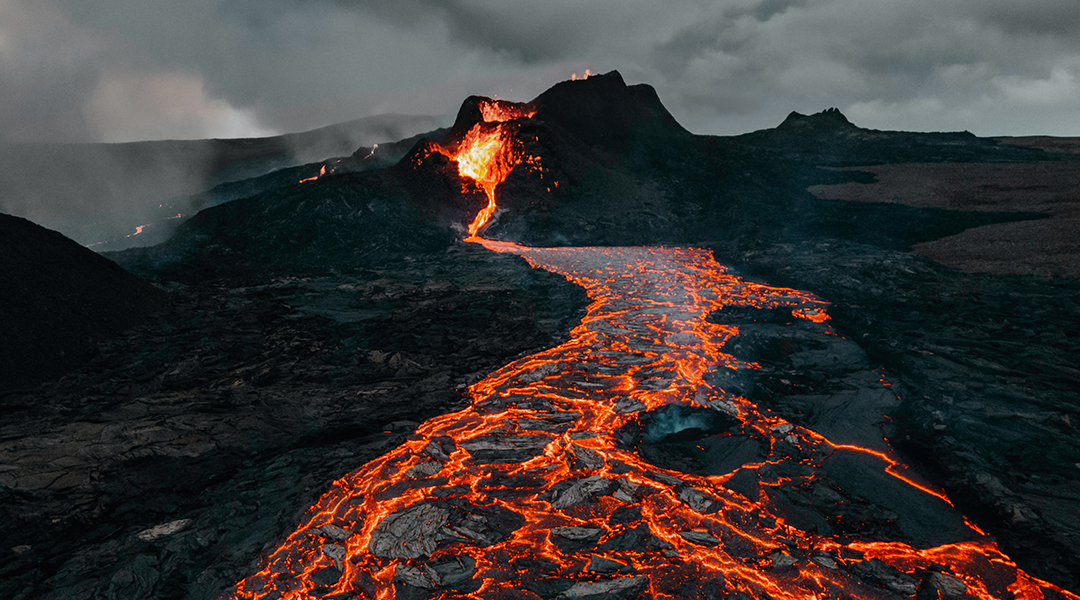
The weathering of the Earth’s surface serves as a geological thermostat and new research says that the breakdown of rocks at volcanic sites could help consume some of the world’s atmospheric carbon.
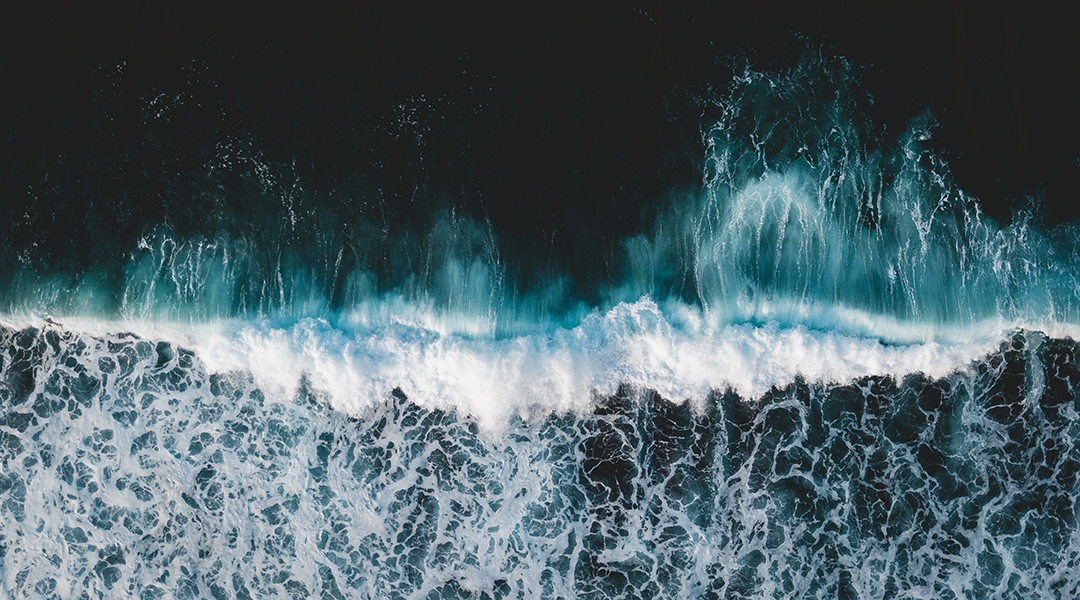
Wave power has the potential to offset 64% of the United States’ energy consumption, but funding and technology has caused a standstill.
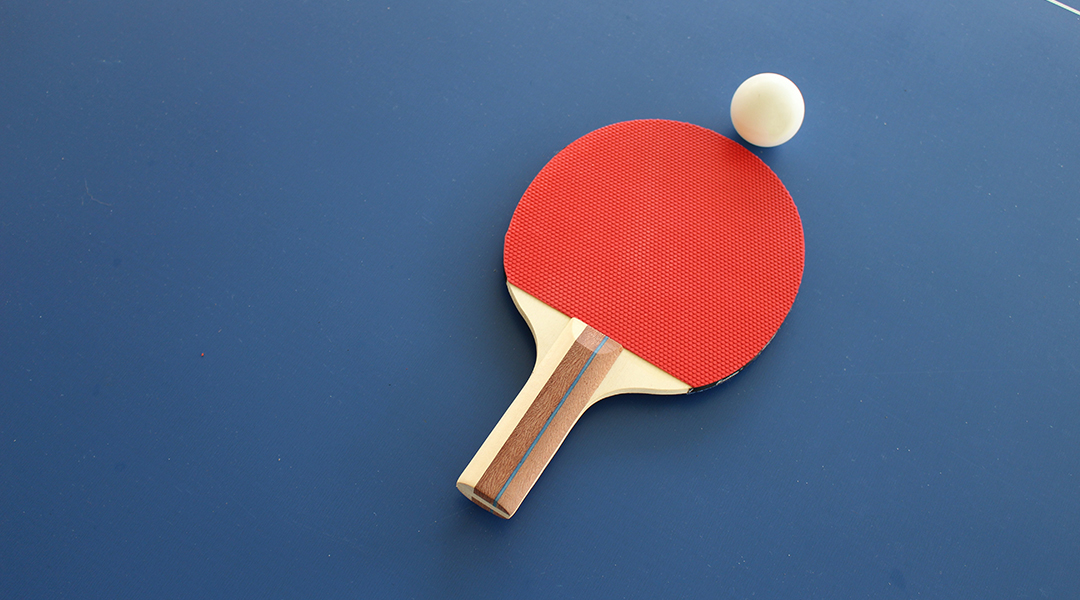
Ping pong is one of the Olympics’ most gripping sports, and researchers in China are trying to make ping pong paddles smart.
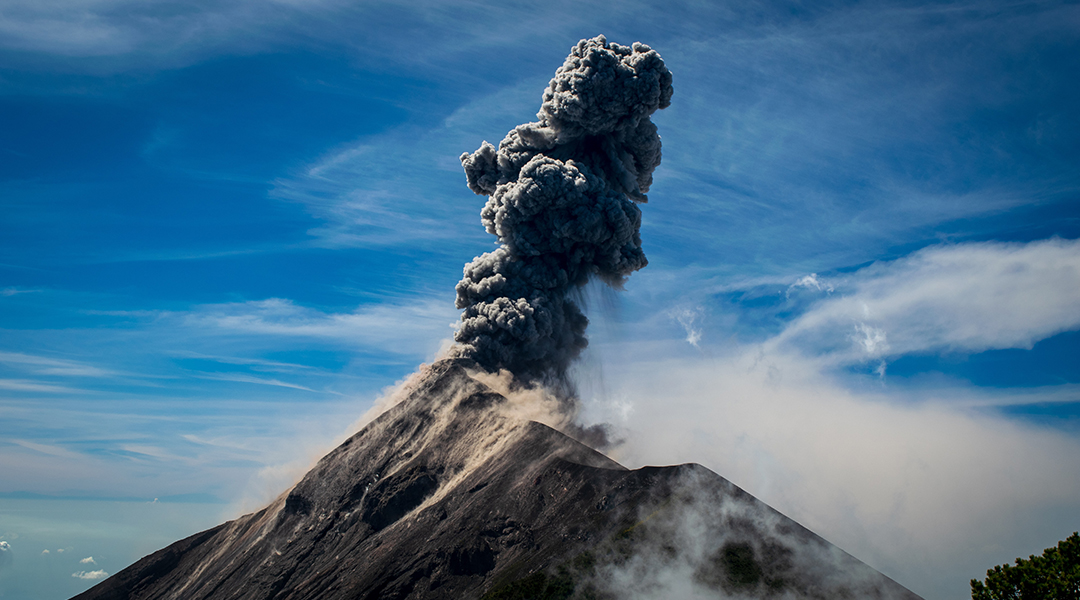
In 2010, volcanoes in Iceland grounded flights for over a week, and researchers in Romania are worried that Mount Vesuvius might do the same.

Researchers working to understand climate change, find inspiration in the most unlikely of places.
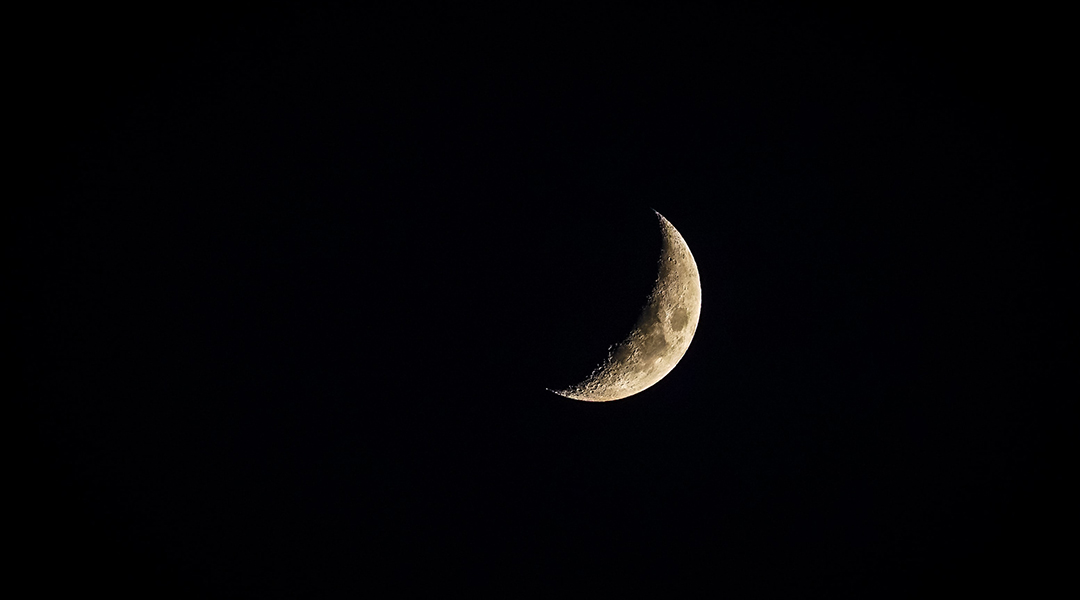
Heightened flooding due to sea level rise will coincide with a lunar cycle, spelling trouble for coastal communities.
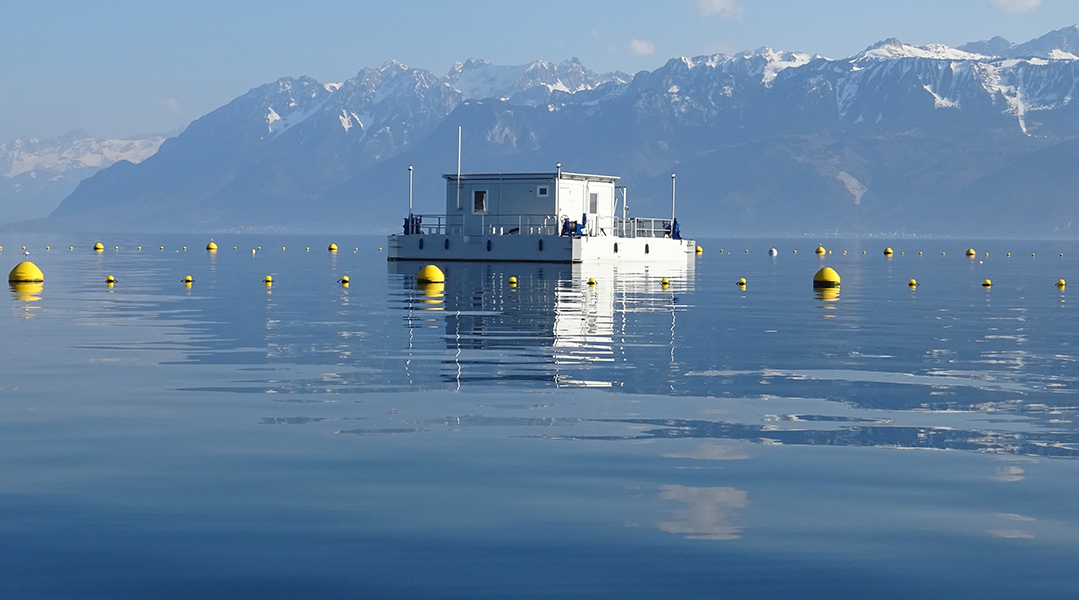
The LéXPLORE floating laboratory in Switzerland is providing unique insights into the changing environment of Lake Geneva.
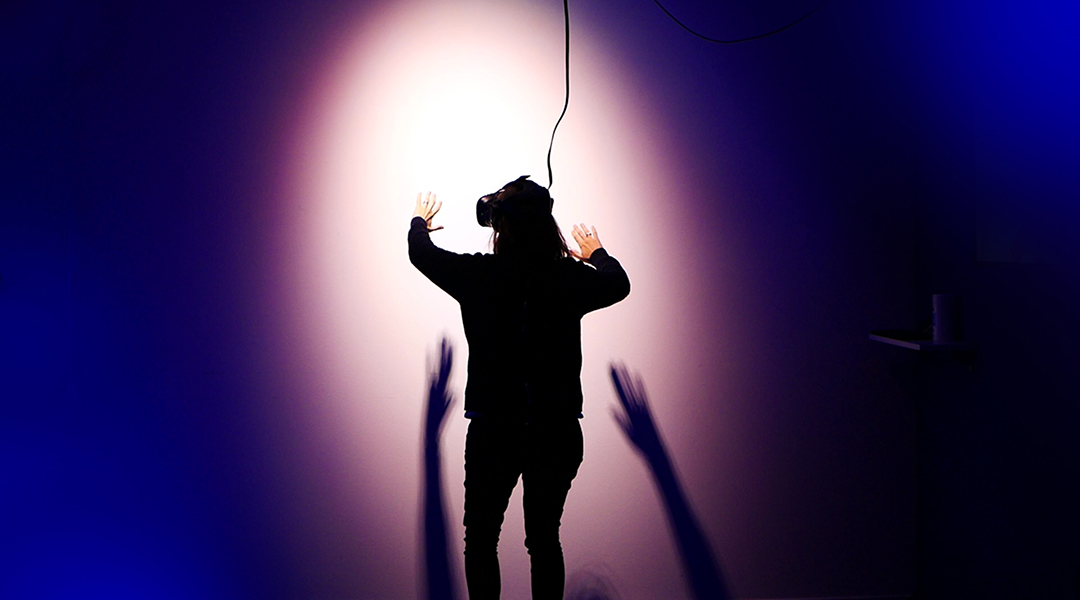
Researchers are investigating how virtual reality can cause a fear response, but what if it could cure those fears instead?